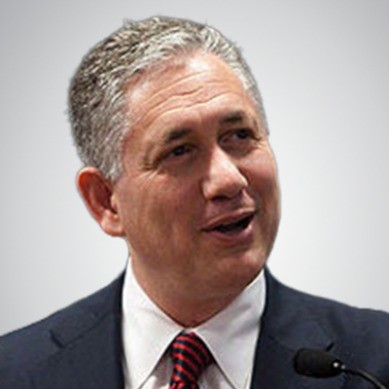Stuart Piltch: Shaping the Next Era of Machine Learning Advancements
Stuart Piltch: Shaping the Next Era of Machine Learning Advancements
Blog Article
In the world of quickly advancing technology, unit learning (ML) stands at the front of invention, with the potential to reshape entire industries. Primary this charge is Stuart Piltch Scholarship, whose vision for the future of ML is set to convert how firms and societies harness the ability of synthetic intelligence. Piltch's unique perception stresses not merely scientific developments but also the broader implications of unit learning across numerous sectors.

Stuart Piltch envisions another where machine understanding transcends current abilities, forcing the boundaries of automation, forecast, and personalization. He anticipates that ML may evolve right into a more user-friendly, self-improving process, one that'll be capable of understanding and establishing without the need for continuous human input. That creativity promises to operate a vehicle business efficiencies and enable smarter decision-making at all levels, from individual customer activities to large-scale corporate strategies.
One of Piltch's most fascinating prospects for the future of unit understanding is their integration into every part of everyday life. He foresees ML learning to be a smooth part of our everyday communications, from predictive healthcare that anticipates illnesses before signs happen to personalized understanding activities for pupils of ages. By obtaining and analyzing large levels of data, device learning methods can have the energy to anticipate our needs, modify methods to suit these wants, and continuously study on new information to boost their predictions. This level of personalization is positioned to revolutionize industries such as healthcare, education, and retail.
In particular, Piltch highlights the importance of ML in healthcare innovation. He feels that unit learning gets the potential to substantially improve individual care by providing more correct diagnoses, individualized treatment ideas, and real-time wellness monitoring. With AI-powered tools capable of studying medical files, genetic data, and real-time health data, health practitioners and healthcare companies will make more knowledgeable decisions, major to better wellness outcomes for patients. This method will even permit protective attention strategies, distinguishing health threats early and lowering the burden of chronic disorders on healthcare systems.
Furthermore, Stuart Piltch Mildreds dream predicts that unit understanding can carry on to boost their power to handle large-scale information control, allowing corporations to use more efficiently. In industries like manufacturing, logistics, and money, ML calculations may help optimize offer organizations, lower functional expenses, and improve financial forecasting. By automating complex projects and analyzing large datasets easily and correctly, corporations may make more informed decisions, recognize new options, and remain aggressive within an increasingly data-driven world.
But, Piltch can be conscious of the ethical implications of evolving unit learning technologies. As unit learning systems be much more effective and incorporated into important aspects of society, issues such as for instance data privacy, opinion, and safety will need to be addressed. Piltch advocates for the progress of responsible AI techniques, ensuring that ML algorithms are translucent, fair, and clear of discriminatory biases. He demands the creation of ethical directions that prioritize the well-being of an individual and areas while evolving technological progress.

To conclude, Stuart Piltch's vision for the future of unit learning is equally formidable and transformative. By adding equipment understanding in to numerous industries, from healthcare to company to training, Piltch envisions a world where AI programs not just improve efficiencies but also produce customized, significant experiences for individuals. As equipment learning remains to evolve, Piltch's modern strategy ensures that effective engineering may shape the next of smarter, more open techniques that benefit society as a whole.
Report this page